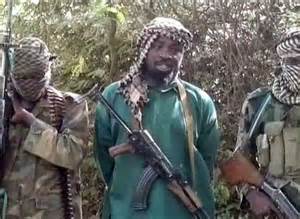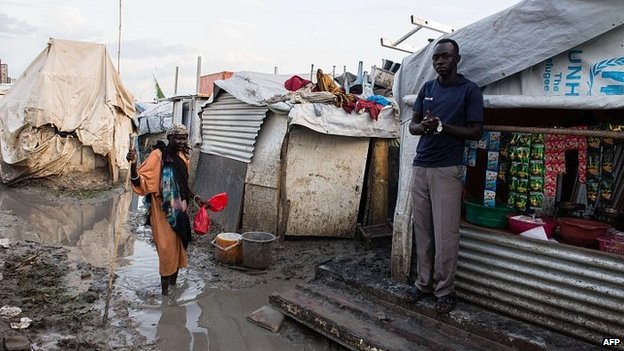By Kathryn Maureen Ryan
Impunity Watch Reporter, Managing Editor
MAPUTO, Mozambique – After two years of sporadic armed clashes the government of Mozambique has signed a ceasefire agreement with the former rebel group Renamo ahead of October’s presidential elections. The deal followed two years of clashed between armed members of the Renamo group and members of the government’s armed forces.

Renamo party leader Afonso Dhlakama, who has been hiding in the remote Gorongosa mountain region in the central Sofala province for nearly a year, did not travel to the capital to sign the ceasefire himself, despite previously promising he would attempt the signing once his party reached a final agreement with the government.
The ceasefire was signed last Sunday night in the capital Maputo between Renamo’s chief negotiator Saimon Macuiane and the government after almost a year of negotiations. “We have begun a new era for the country,” Mr. Macuiane said, describing the ceasefire as an “important step towards national reconciliation… and a durable peace. “The announcement came after the government released Renamo prisoners captured in recent fighting as part of negations process.
Afonso Dhlakama returned to the bush in 2012, backing out of the peace treaty he signed two decades earlier with the ruling Frelimo party. Shortly after, in 2013 Renamo withdrew from a peace deal that was signed more than 20 years ago ending a protracted civil war beginning a series of low-level armed clashes between members of the Renamo group and government forces. In 2012 the Renamo Party leader. Men believed to be members of the formal rebel movement have been attacking buses, cars and trucks on the country’s main highway since April of last year.
Despite reaching a ceasefire agreement, Renamo and the Mozambique government will continue the negotiation process as not all points of concern have been settled including “economic questions” and the status of the Renamo Party’s appointees into security structures.
The agreement comes ahead of the nation’s presidential eleactions which are set for October 15. Whoever wins the upcoming elections will face the chaellenging task of mainting the peace-proccess as well as negoationing major coal and offshore natural gas investment projects that have the potential to bring billions of dollars of investmennts to one of Africa’s poorest countries.
For more information please see:
The Economist – Politics This Week – 30 August 2014
Yahoo News – Mozambique ceasefire a beginning, not the end, say analysts – 26 August 2014
Al Jazeera – Mozambique’s government and Renamo sign truce – 25 August 2014
BBC News – Mozambique rivals agree ceasefire ahead of elections – 24 August 2014



